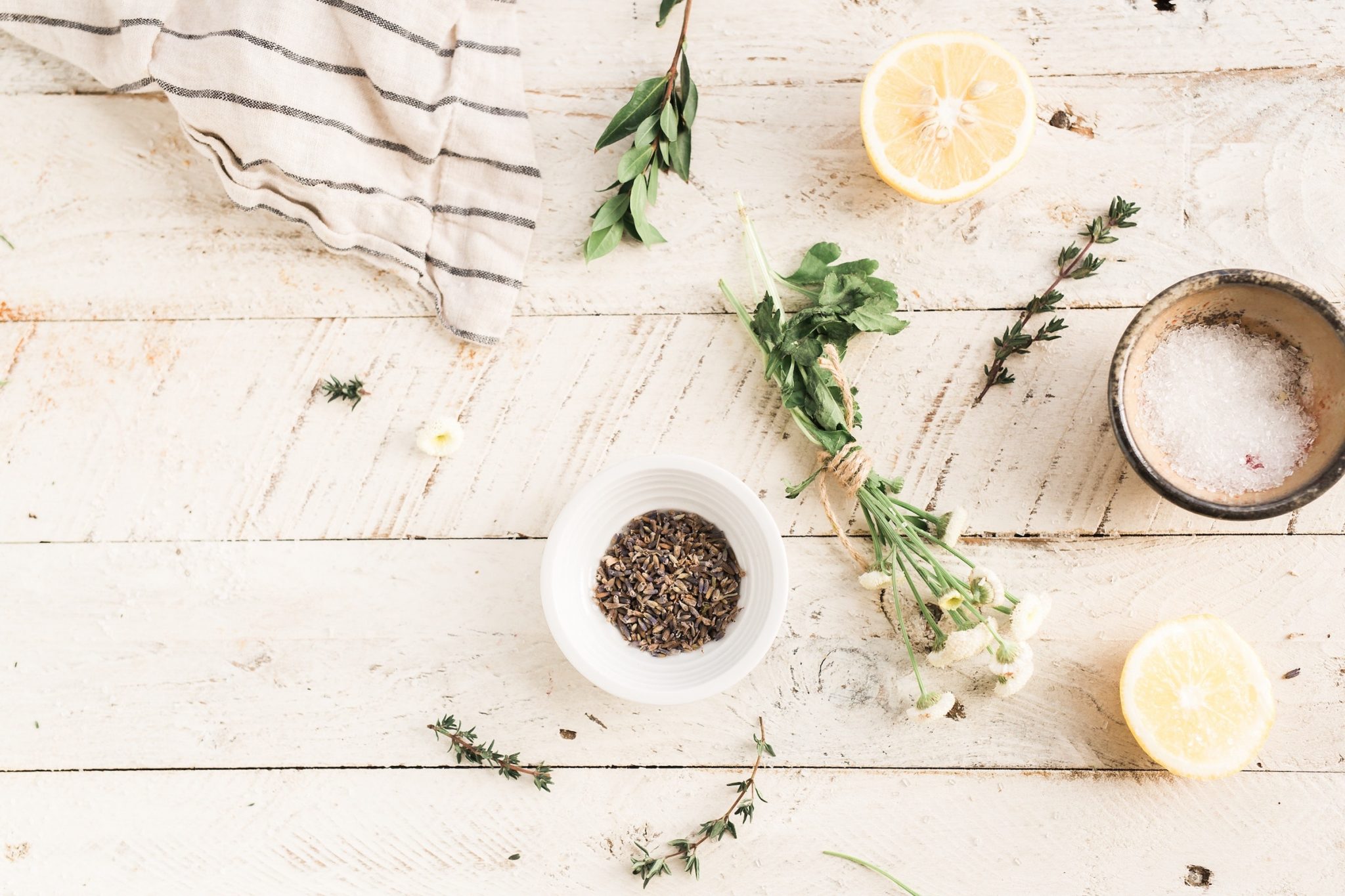Holistic Nutrition For Great Skin //
Zits, pimples, rashes, bumps, lumps; we’ve all had them, and they can become a real drag when they become long term conditions. Conventional therapies such as antibiotics, hormonal pills and steroids can reign havoc on our body systems, and should preferably be used sparingly and just when absolutely necessary. There are some great, natural topical creams, serums and lotions that can absolutely help nourish the skin from the outside, but sometimes, to really get to the root of the problem, we have to approach things from inside. What’s going on inside our bodies that is causing a reaction on our skin? Common skin conditions such as acne, eczema, rosacea and psoriasis can be linked to low levels of hydrochloric acid in the stomach (also known as HCL).
Why Is Hydrochloric Acid So important?
HCL is necessary for breaking down protein. If we don’t properly break down protein, large protein particles lead to inflammation of the digestive tract, allowing undigested food to leave the GI system and enter the bloodstream (aka leaky gut syndrome). The body will see the particles as toxins, and try to get rid of them through an elimination pathway, one of which is the skin. This can result in a skin condition.
Stomach acid kills germs! If we have enough HCL, harmful bacterias that enters our system will be destroyed. If not, they will make a cozy home in our intestines where they can flourish and make us very uncomfortable, eventually leading to more long-standing symptoms, many of which are related to skin.
HCL helps you absorb nutrients. Without proper HCL and proper food breakdown, you can not absorb the nutrients from the food you are eating, so you are in a sense starving your skin (and all of your cells) of the nutrients it needs to be healthy. You can eat a good amount of nutrients in a day, but not assimilate them because HCL is not breaking food down into small, absorbable particles, or what I like to call, ‘sparkles’. We always want to aim for sparkles.
What Causes Low HCL?
One of the biggest culprits when it comes to low stomach acid, is stress. HCL will only be released when the body is in a relaxed state. I know! How many meals have we had on the run, in the car, while walking or even while thinking about something that’s stressing us out? How about stress eating? Drinking too much during meals, insufficient nutrient intake, aging, and taking medications (especially antacids), will also contribute to low stomach acid.
What Does Low HCL Feel Like?
After consuming a meal that contains protein, common symptoms of low HCL can occur, such as stomach discomfort, gas, bloating, burping, and undigested food in the stool. Long term low HCL can also lead to more chronic conditions like constipation, diarrhea, bad breath, candida, brain fog, adrenal fatigue, asthma, autoimmune disease, food sensitivities, nutrient deficiencies and of course, skin conditions like acne, rosacea, psoriasis and eczema.
So How Do We Increase Low HCL?
Some Ways to Spark That Digestive Fire Are:
- Stress management, such as yoga, meditation, visualization, breath work, journal writing, creative activities. Making sure to be in a relaxed state while eating will help the digestive system to work properly.
- 1 tsp of apple cider vinegar with 4-6 oz of water about ten minutes before meals.
- If apple cider vinegar isn’t your bag, you can replace it with fresh lemon juice and water or bitters and water in the same ratios.
- Chew foods thoroughly. This is the first important step of good digestion.
- Ginger tea between meals will encourage HCL production. Or if you’re hard core, chew bits of ginger root instead.
- Eat whole foods and avoid processed foods
Curious?
Curious about your own HCL levels and how they are affecting your skin and overall health? Book an assessment with me and we can work on a personalized wellness plan for you.
